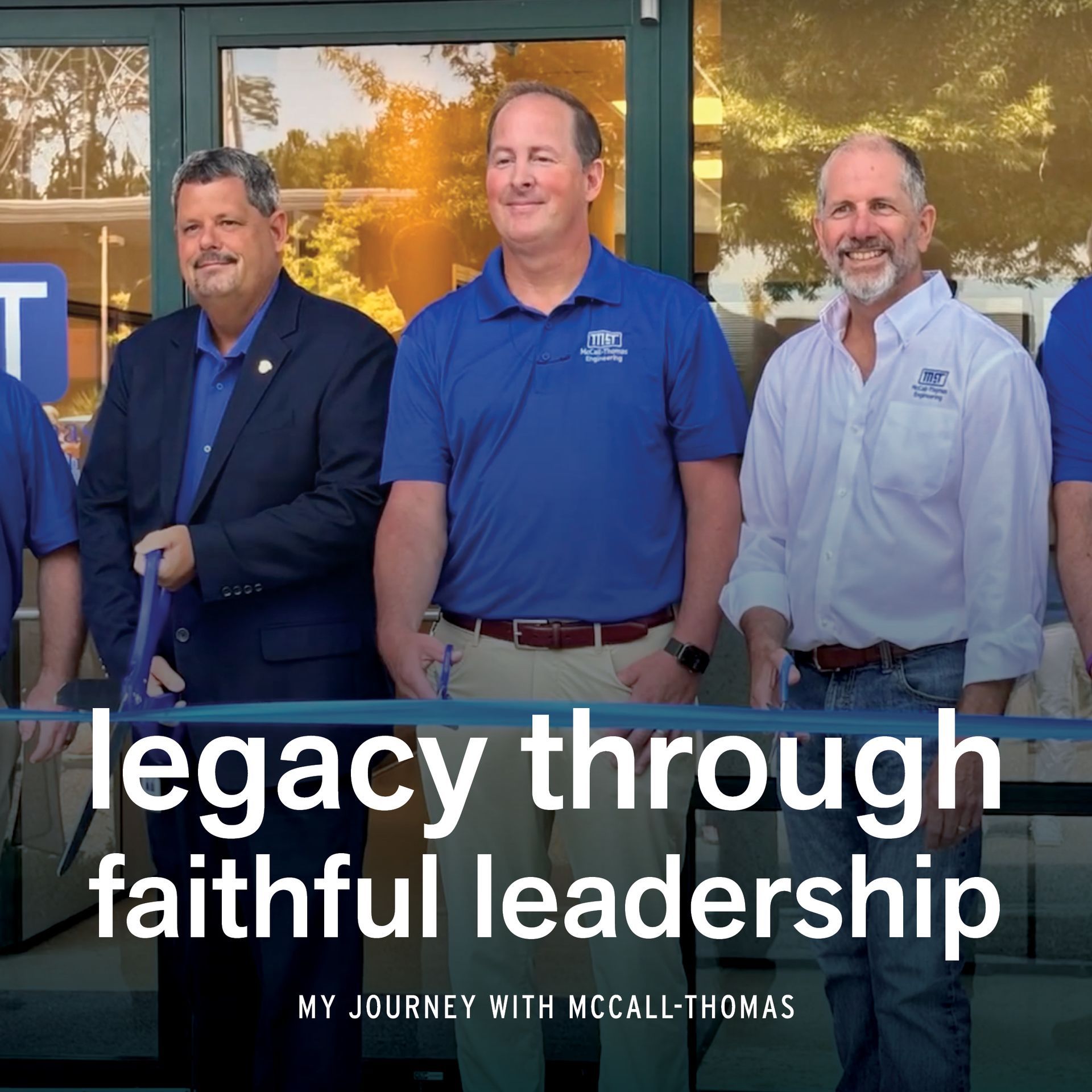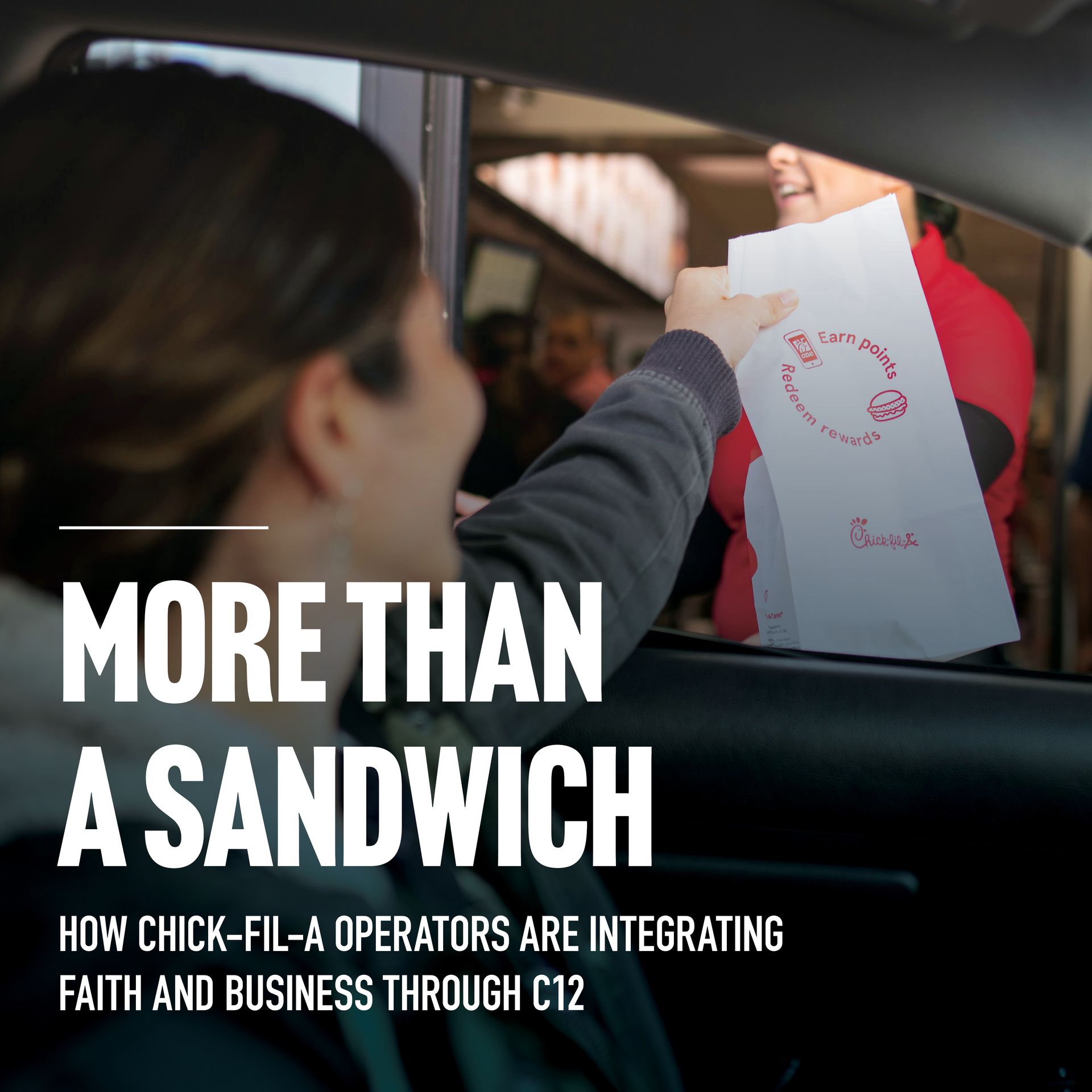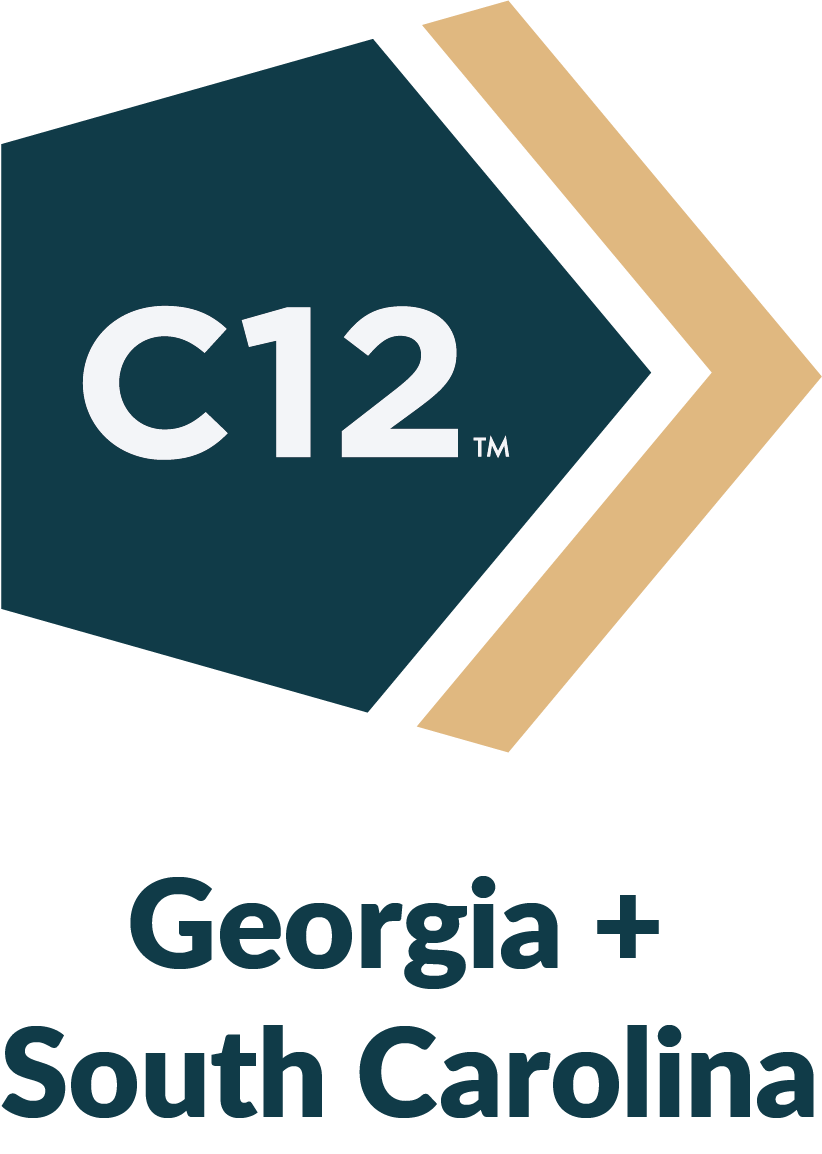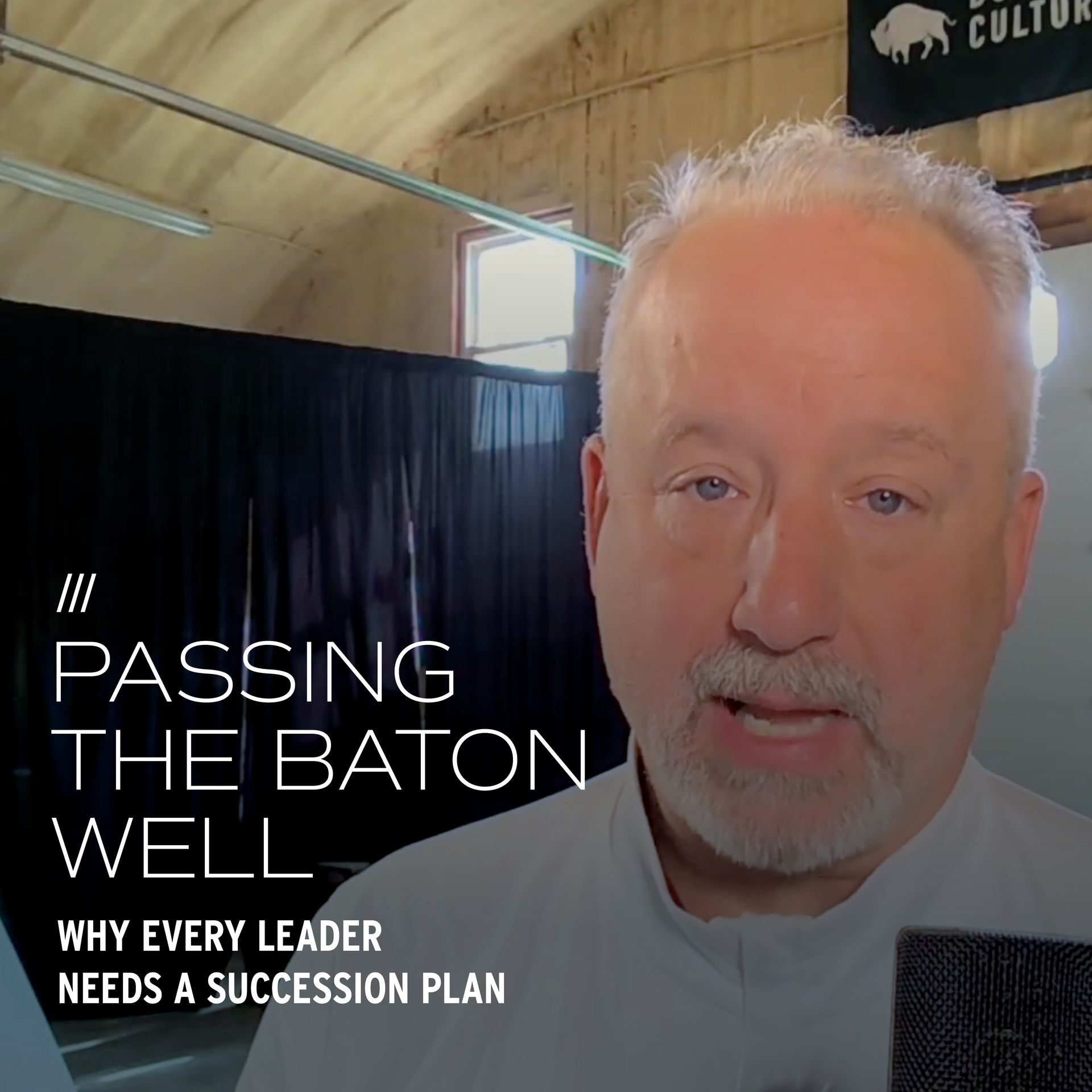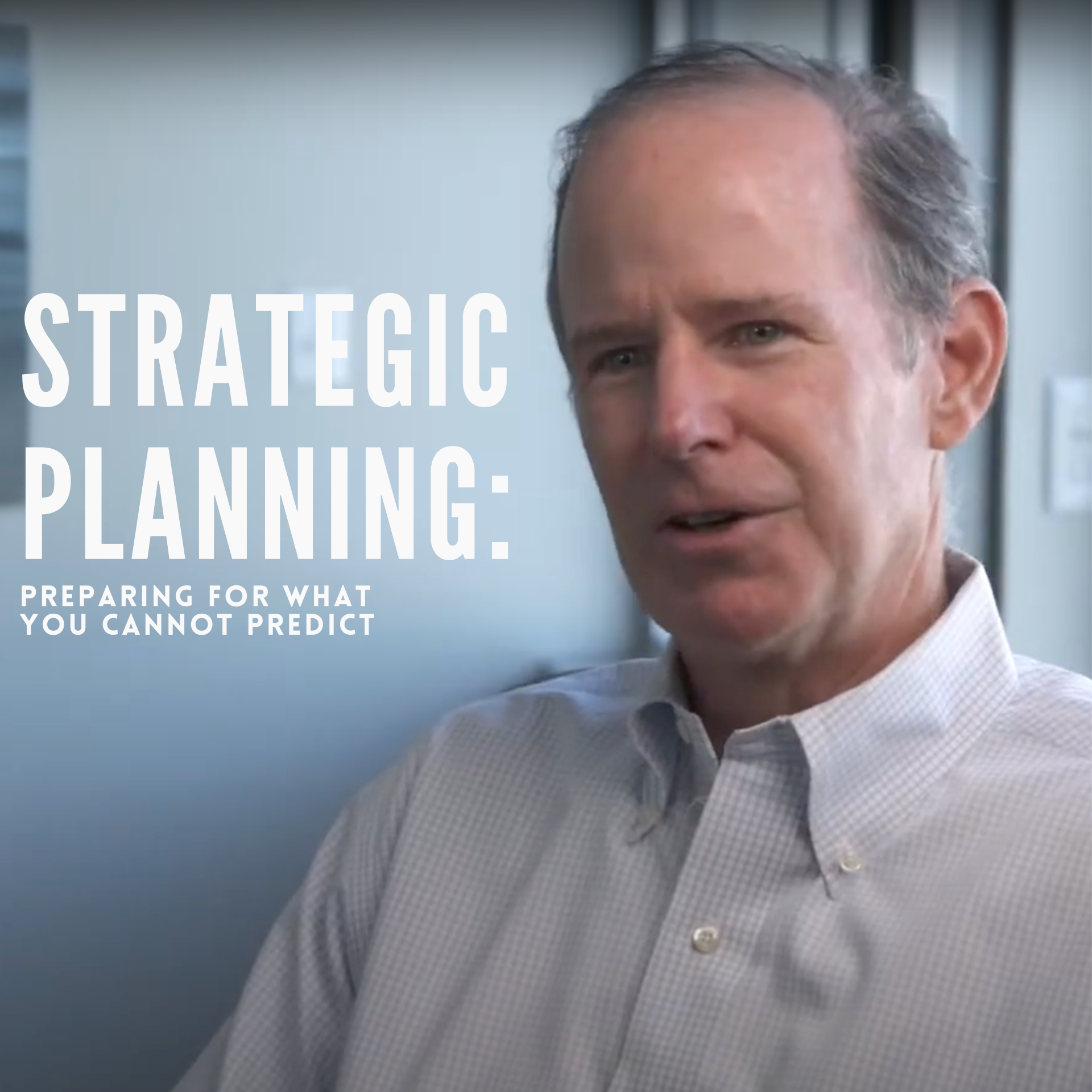Stop Delegating Tasks and Start Delegating Outcomes
An Encouragement for CEOs and Owners Ready to Lead with Purpose
As a business owner, there’s always more to do than time to do it. New opportunities, daily demands, and urgent issues fill your calendar, and somewhere along the way, delegation becomes less of a leadership discipline and more of a bottleneck.
“I’ll just do it myself” starts to feel like a leadership strategy.
But what if our view of delegation is part of the problem?
In a recent video from C12 Columbia Chair Dan Griffin, a fresh perspective challenges the traditional delegation mindset. It's not about handing off tasks. It's about releasing outcomes.
“Stop micromanaging and stop holding some things so tightly that you should be letting go of. Instead of delegating tasks, start delegating outcomes.”
Rather than telling someone what to do and how to do it, give them the what, the outcome, and empower them to figure out the how. That’s where leadership development begins. And that’s where freedom for the CEO is found.
Delegation is Discipleship
Delegation isn’t just a tactic to reduce your to-do list. It’s a tool for multiplying impact.
Effective delegation:
- Frees leaders to focus on their highest and best use
- Develops the leadership capacity of others
- Strengthens trust, alignment, and accountability
- Releases control while retaining clarity on outcomes
C12 Member Joe Valind, Owner of Auto Safety Center, puts it this way in this short video testimonial on how he has found freedom from Delegation.
“If I were going to grow the company, which I had goals to do, I was going to have to pick a lane.”
“God called me to be the best business owner I could be, and he gave me a business to run. I realized that I can’t do anything more in addition to. It needs to be done instead of. That means I had to sit things down in order to pick other things up.”
Joe’s story echoes what many Christian CEOs face: a calling to lead well, a company with growth potential, and a life that doesn’t have space for everything. The shift happened when he realized that delegation wasn’t about letting go, it was about stepping into what only he could do.
Type 1 vs. Type 2 Decisions
Jeff Bezos famously articulated a framework for decision-making that applies directly to delegation. He defined Type 1 decisions as high-impact, high-risk choices that are hard to reverse. These require focused leadership attention. Type 2 decisions, on the other hand, are lower-risk, reversible, and can be made quickly, by someone else.
“The problem is, we’re really good at making Type 2 decisions,” Dan Griffin explains in this short business insight video. “They’re easier decisions. But by jamming up our schedule with Type 2 tasks, we end up putting off the hard decisions — the Type 1s — that only we can make.”
The discipline of delegation starts with discernment. Are you spending your energy on decisions that only you can make? Or are you overloading your calendar with tasks that someone else could handle?
(Read more on Bezos' decision-making framework in this Forbes article.)
Delegating Outcomes, Not Tasks
It’s tempting to hand off pieces of a project without releasing ownership. But that’s not real delegation.
Delegating outcomes requires:
- Clarity of the objective:
What is the result we’re trying to achieve?
- Trust in the team: Who is best positioned to figure out the plan?
- Willingness to release control:
How can I step back without checking out?
This kind of leadership doesn’t just protect your margin; it multiplies your influence.
At C12, we challenge members to
lead others to lead, not just to follow instructions. That’s the difference between a CEO who’s simply surviving and one who’s building a legacy.
Your Business Needs a Free CEO
You were never meant to carry everything.
Delegation isn’t an admission of weakness. It’s an act of stewardship. It’s the key to aligning your role with your highest calling. And it’s the path to a business that outlasts your energy.
If you’re feeling stuck in the cycle of doing too much, you’re not alone. But there’s a better way.
“Trust your team,” Dan reminded us. “You hired them for a reason. Let them have productive, meaningful work by coming up with a plan to get the desired outcome, without you having to dictate it. It will free you up to start focusing on the decisions that move the needle.”
This is the kind of freedom Joe Valind discovered. It’s the kind of shift C12 members make together.
And it could be yours, too.
Ready to Grow?
94% of C12 member CEOs say those around them would agree they have grown as leaders. That growth doesn’t happen in isolation. It happens in a community of peers who sharpen each other, challenge assumptions, and pursue excellence rooted in faith.
Want to explore what that kind of leadership community could look like for you?
Connect with a C12 Chair in South Carolina or Georgia today.
Sources
- Joe Valind | Delegation Testimony (YouTube)
- Delegation Insight | C12 South Carolina Chair (YouTube)
- Jeff Bezos and Type 1 vs. Type 2 Decisions | Forbes
- C12 Member Curriculum – Barriers and Benefits of Effective Delegation: CURR1124 Member-Curriculum-Digital, The C12 Group, 2024.
SHARE THE NEWS
